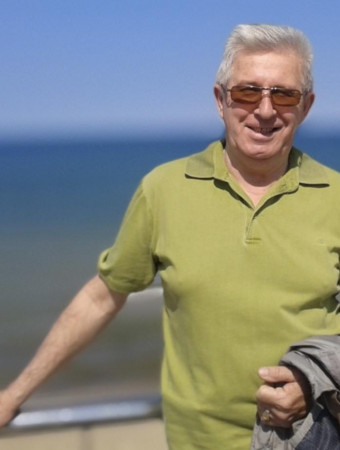Assistance of a lawyer during the examination
The results obtained after the examination are used as evidence in a criminal case. The decision on the appointment of a research procedure is made when there is a need to establish a fact, to clarify something that is directly relevant to the case. The practical implementation of expertise implies the implementation of special research and the use of scientific achievements to obtain reliable results.
The decision on the appointment is made by the investigator who is engaged in the consideration of the criminal case. It is important to note that the examination may be mandatory and optional, depending on the specifics of a particular case. Practice shows that the investigator pursues his own interests when organizing the examination, therefore, its results are highly likely to confirm the involvement of the accused in the committed illegal act. During the examination, the lawyer may deprive the investigator of the opportunity to carry out actions that violate the provisions of the current legislation, the rights and freedoms of the accused.
Within the framework of the trial, all the evidence collected in the case, including the results of the examination, is taken into account. At the same time, the court pays special attention to the data obtained after the examination, since they were obtained using scientific methods, which confirms their objective reliability. For this reason, as part of the appointment and conduct of the examination, the lawyer controls the entire process, ensures that the procedure is followed without violating the provisions of the current legislation.
In what cases is the examination mandatory?
All issues related to the examination are regulated by the provisions of Articles 195-207 of the current CPC. In accordance with them, the investigator initiates the publication of a resolution on the appointment of an expert examination in the case.
Among the cases when the examination is mandatory, we can distinguish:
- When there is a need to obtain information about the reason that caused the death of a person;
- When it is necessary to indicate the degree of harm caused to human health of the injured party;
- If there is a suspicion that a person suspected or accused of committing an illegal act has mental problems or a state of insanity when a person does not give an account of his actions;
- When it is necessary to find out whether the person accused of committing an illegal act is a pedophile;
- If there is a suspicion that the person accused of committing a crime has drug addiction;
- When there are suspicions that the victim may have mental problems that determine his lack of ability for normal perception of events;
- When there is a need to establish the age of a participant in a criminal case, there are no documents or their reliability is questionable.
In all other cases, the investigator independently decides whether to conduct an examination or not.
Who has the right to conduct forensic examinations?
In accordance with the provisions of the current legislation, the following categories of specialists have the right to conduct forensic examinations, they can order an examination:
- State forensic experts;
- Experts working in private organizations, while preference is given to companies that guarantee an objective result.
How can a lawyer influence the resolution of issues related to the appointment and conduct of an examination?
The provisions of the current CPC provide a lawyer acting on the side of a person suspected or accused of committing an illegal act with the following rights when appointing an expert examination:
- Receipt of a document confirming the examination;
- Submission of a petition for examination in another organization, submission of an application for expert recusal, nomination of other specialists for examination;
- Submission of a request for additional questions to be asked to the expert involved in the examination;
- Presence at theexamination, for this you must first obtain the approval of the investigator;
- Comprehensive analysis of the expert's conclusion.
Only an experienced and highly qualified lawyer will be able to ensure that the examination does not have a negative impact on the interests of his client. Lawyers of our board are ready to provideassistance in conducting an examinationwith a guarantee of a high-quality result in a legal way.
Why is it necessary to involve an experienced lawyer in the case?
The law says that the result of the examination is a full-fledged proof attached to the criminal case, in other words, it is perceived to the same extent as other evidence. At the same time, practice shows that examinations in many cases act as the basis for a guilty verdict, since the courts do not question the data obtained after the examination. If a person's fingerprints were found on the instrument of the crime, then this is a good reason for the court to find him guilty. Also, we must not forget about the many violations committed by investigators who want to achieve a guilty verdict and close the case.
The involvement of an experienced criminal lawyer allows you to minimize the likelihood that investigators will take actions that violate the provisions of the CPC. The lawyer will ensure that the order specified by the law is observed.
To do everything legally correctly, a lawyer must be present. This approach will deprive the investigator of the opportunity to reject the petition.

-e89b7e46ce-9c44d2ffb4b038538f9c5fee4e0cb4a6.jpg)




